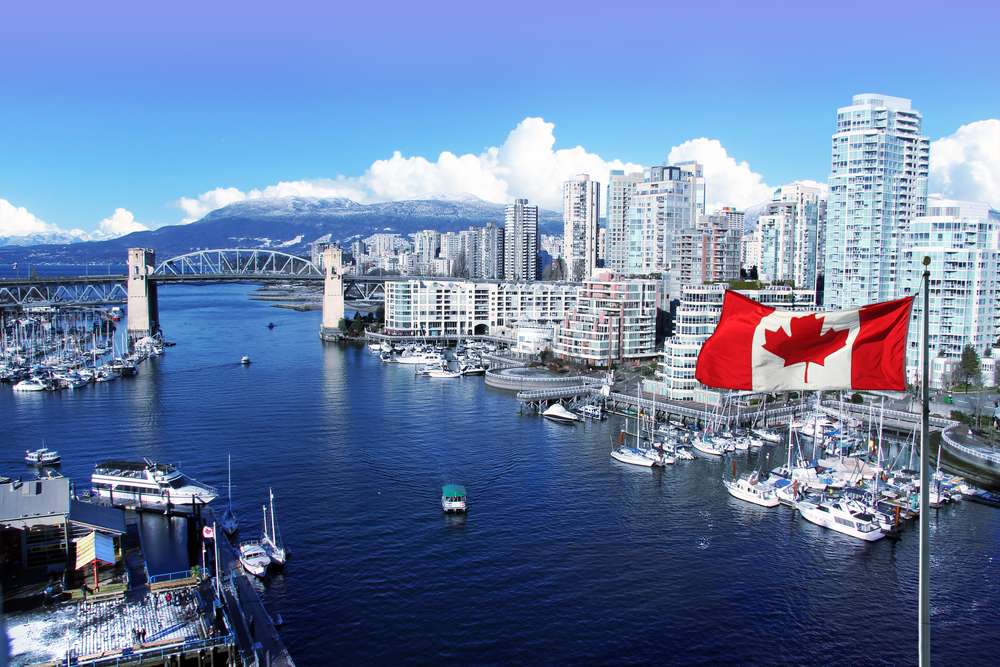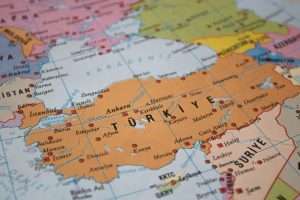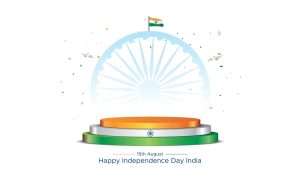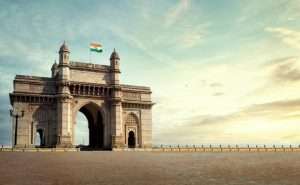Canada’s Diverse Culture: A Mosaic of People from All Over the World

Canada
Canada, often celebrated as a cultural mosaic, is a nation that takes immense pride in its diverse and multicultural identity. As the second-largest country in the world by land area, Canada is home to people from a multitude of ethnic, cultural, and religious backgrounds. This rich diversity has significantly shaped the nation’s social fabric, making Canada a vibrant and inclusive society. In this article, we will delve into the depths of Canada’s multiculturalism, understanding how it has shaped the nation and continues to do so.
Historical Foundations of Diversity
Canada’s multiculturalism can be traced back to its historical foundations. Indigenous peoples, the original inhabitants of the land, had a rich tapestry of cultures, languages, and traditions long before the arrival of European settlers. The interactions between the Indigenous peoples and European explorers, followed by waves of immigration from various parts of the world, laid the groundwork for the multicultural society we see today. Over the centuries, Canada has been a destination for immigrants seeking new opportunities and a better quality of life. Immigration policies have been pivotal in shaping the demographics of Canada, particularly in the late 19th and early 20th centuries. People from Europe, Asia, the Caribbean, Africa, and beyond have come to Canada, bringing with them their languages, traditions, and cultures.
Multiculturalism Policy
Canada’s official policy of multiculturalism was established in 1971. The Canadian Multiculturalism Act was introduced to preserve and enhance the cultural, racial, and religious diversity of the nation. This policy recognizes that diversity is a fundamental characteristic of Canadian identity and encourages individuals to embrace their cultural heritage while also participating in the broader Canadian society. One of the most visible aspects of Canada’s multiculturalism is the abundance of cultural festivals and events that take place throughout the country. From the Toronto International Film Festival to Montreal’s Just for Laughs Comedy Festival, these events celebrate a wide range of cultures, allowing Canadians and visitors to experience the richness of various traditions and artistic expressions.
Culinary Diversity
Canada’s multiculturalism is perhaps most evident in its culinary scene. From poutine, a Quebecois delicacy of fries, cheese curds, and gravy, to butter chicken, a staple of Indian cuisine, Canadian cities boast an array of international restaurants. The availability and popularity of diverse cuisines reflect the multicultural palate of the Canadian populace. Canada is a bilingual country with English and French as its official languages. English is the most widely spoken language, but French is an integral part of Canadian culture, especially in Quebec. Additionally, due to immigration from non-English and non-French-speaking countries, a multitude of languages and dialects are spoken across the nation, reflecting its multicultural composition.
Celebration of Diversity in Education
Canada’s education system places a strong emphasis on promoting diversity and inclusivity. Schools often incorporate multicultural education, teaching students about different cultures, traditions, and histories. This educational approach fosters an environment of understanding, respect, and appreciation for diversity from an early age. Immigrants have made significant contributions to Canada’s economic, social, and cultural growth. Many successful entrepreneurs, professionals, artists, and community leaders in Canada are immigrants or descendants of immigrants. Their diverse perspectives and experiences enrich Canadian society and contribute to its dynamism.
CANADA VISA FOR BRITISH CITIZENS
Social Integration and Harmony
Canada’s multiculturalism is about more than just coexistence; it’s about fostering genuine understanding, acceptance, and unity among diverse communities. Canadians, regardless of their background, celebrate and embrace each other’s traditions, creating a sense of unity within this multicultural mosaic. As Canada continues to grow and evolve, embracing its multicultural heritage remains a priority. By promoting understanding, inclusivity, and respect, Canadians aim to strengthen the social fabric of the nation. Acknowledging and celebrating the diversity of its people ultimately makes Canada a beacon of hope and an example of how a harmonious, multicultural society can flourish.
In conclusion, Canada’s multiculturalism is more than a policy; it’s a celebration of humanity’s varied tapestry. The nation’s identity is deeply intertwined with the diverse cultures that call it home. By recognizing and cherishing this diversity, Canada continues to flourish and stands as a shining example of unity in diversity on the global stage.
Also read: Canada’s Natural Wonders: From the Rockies to the Maritimes





